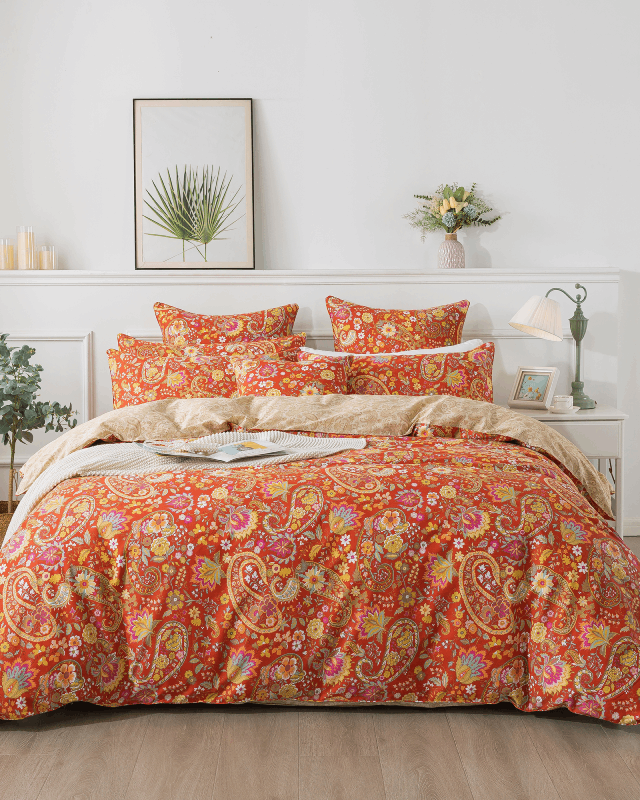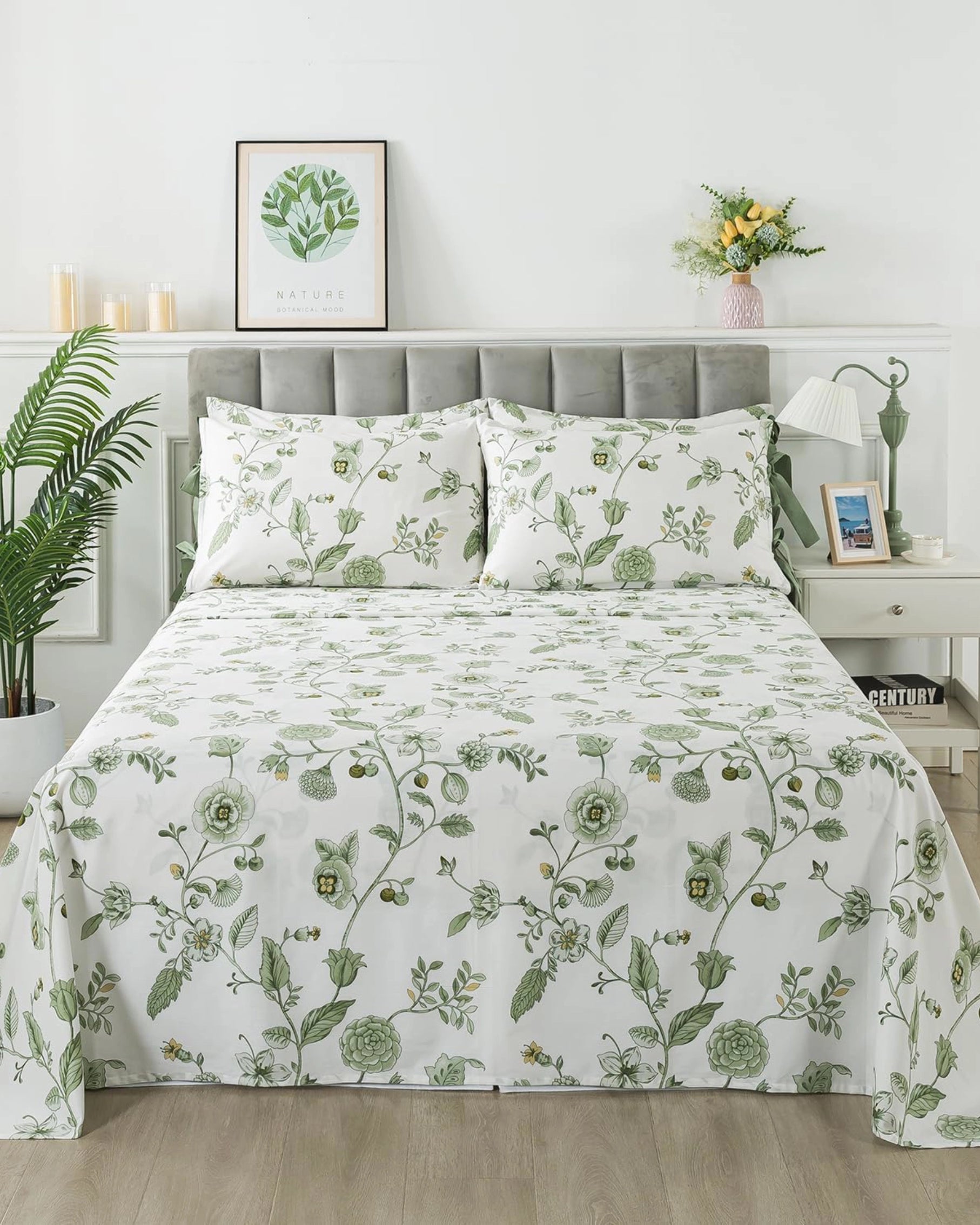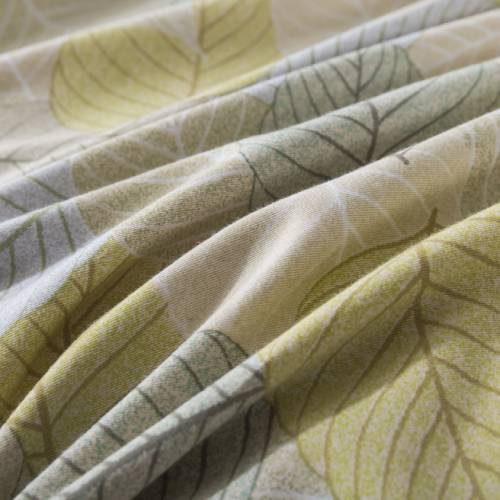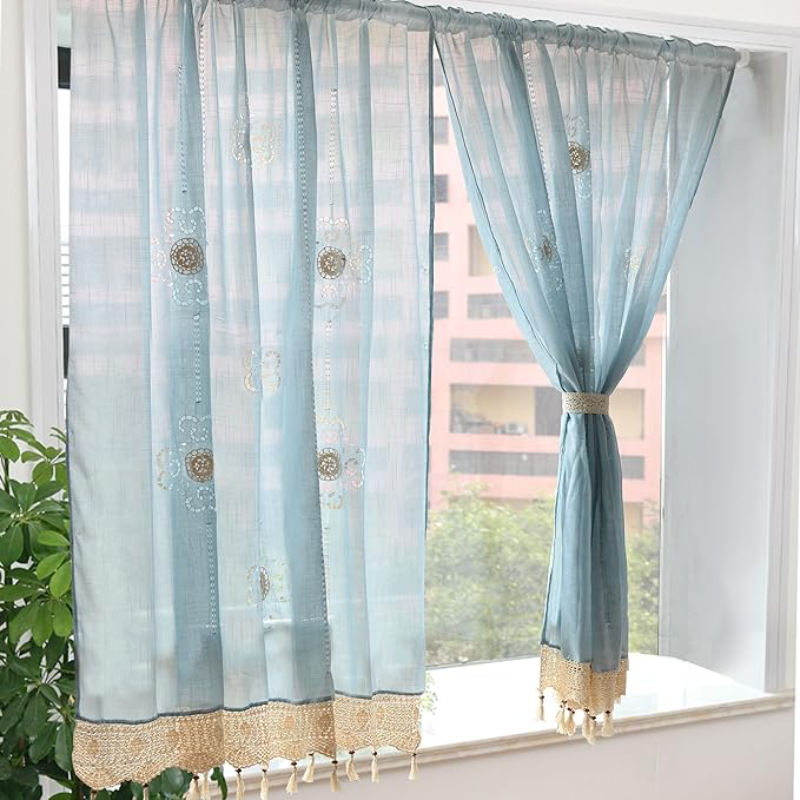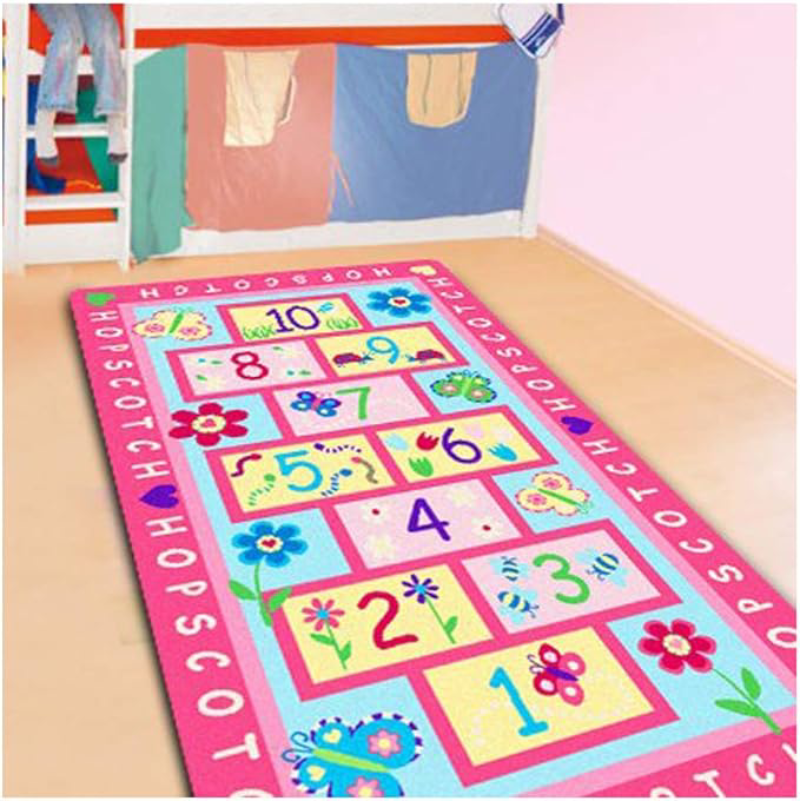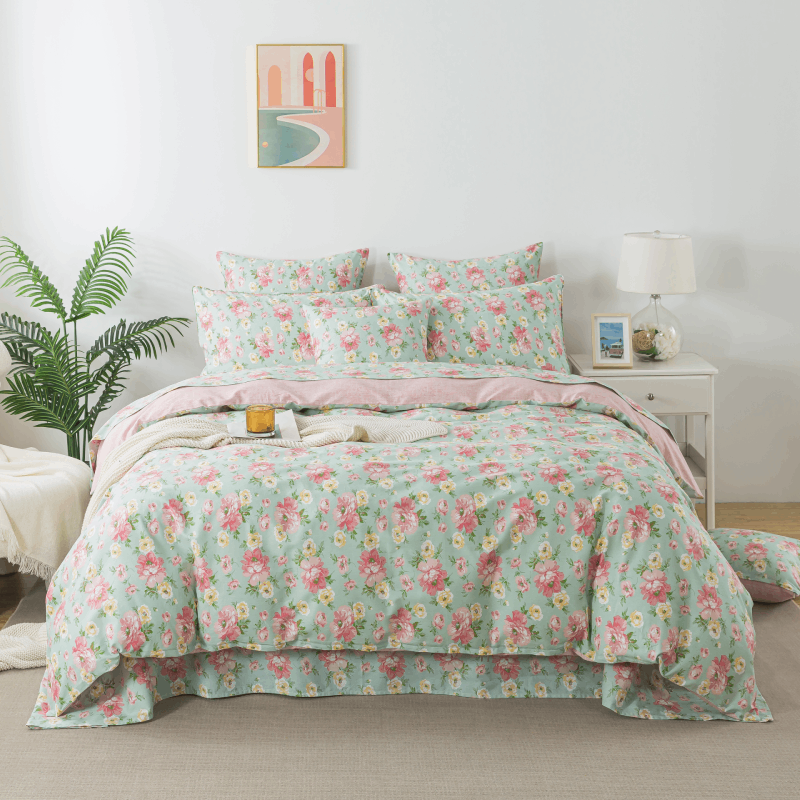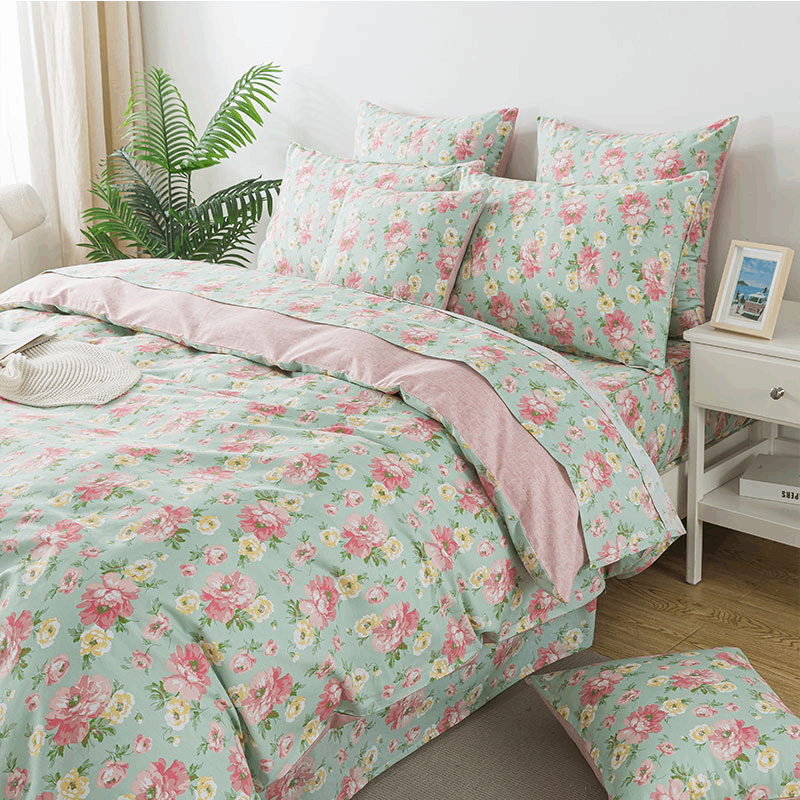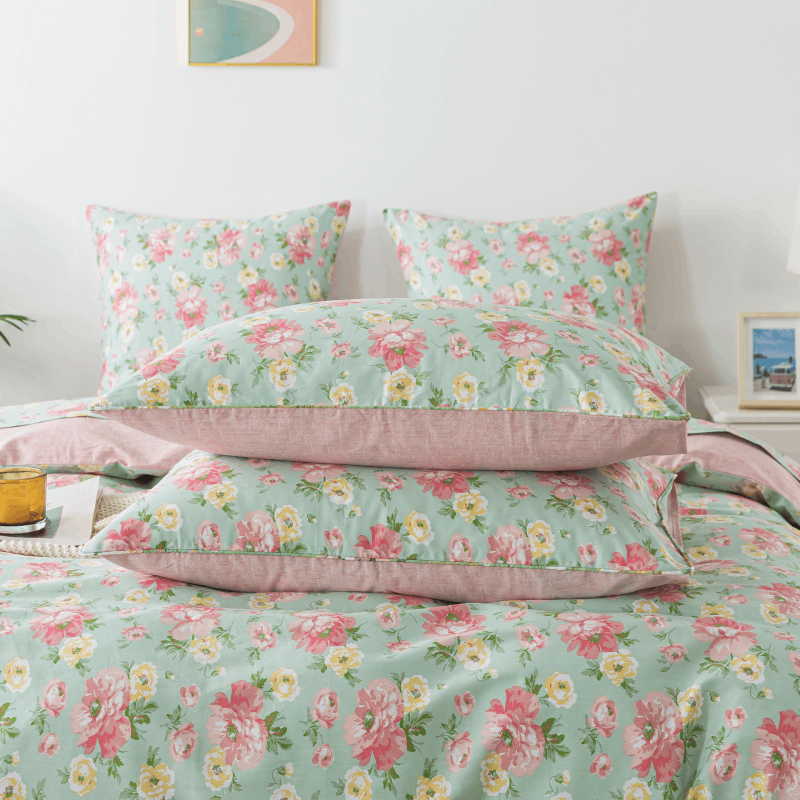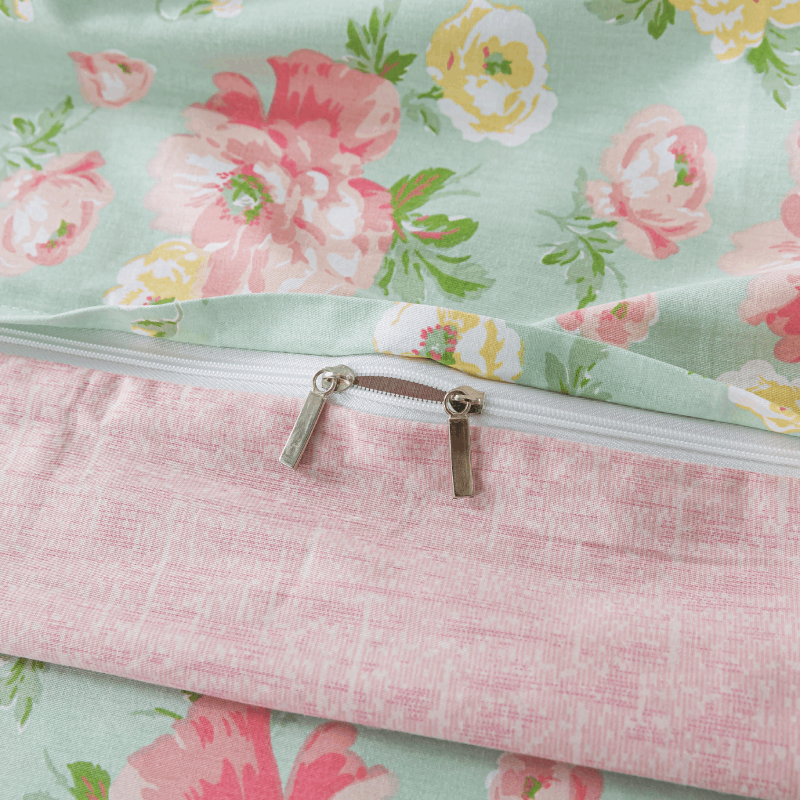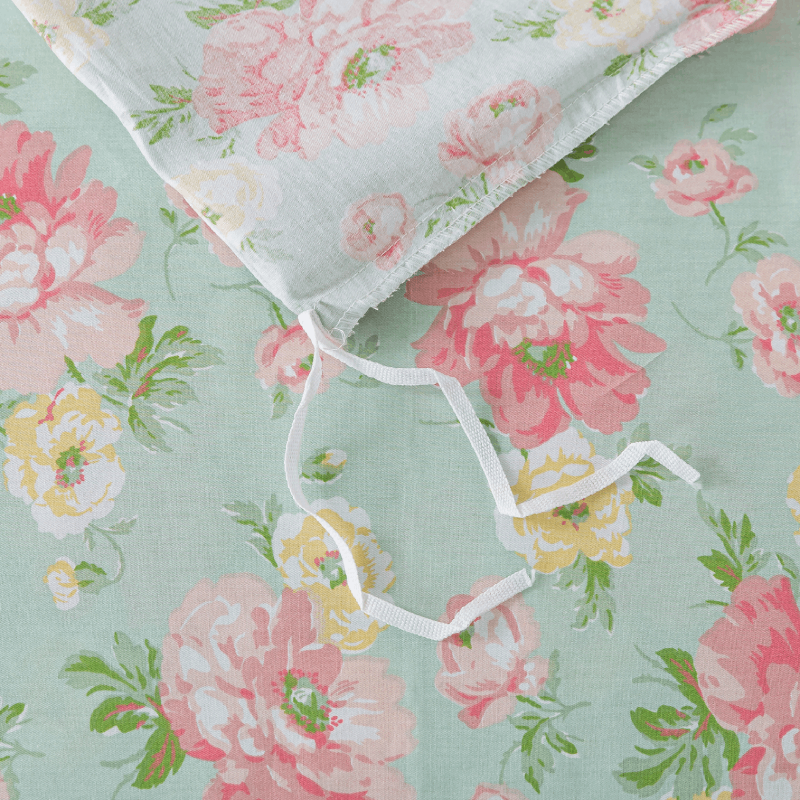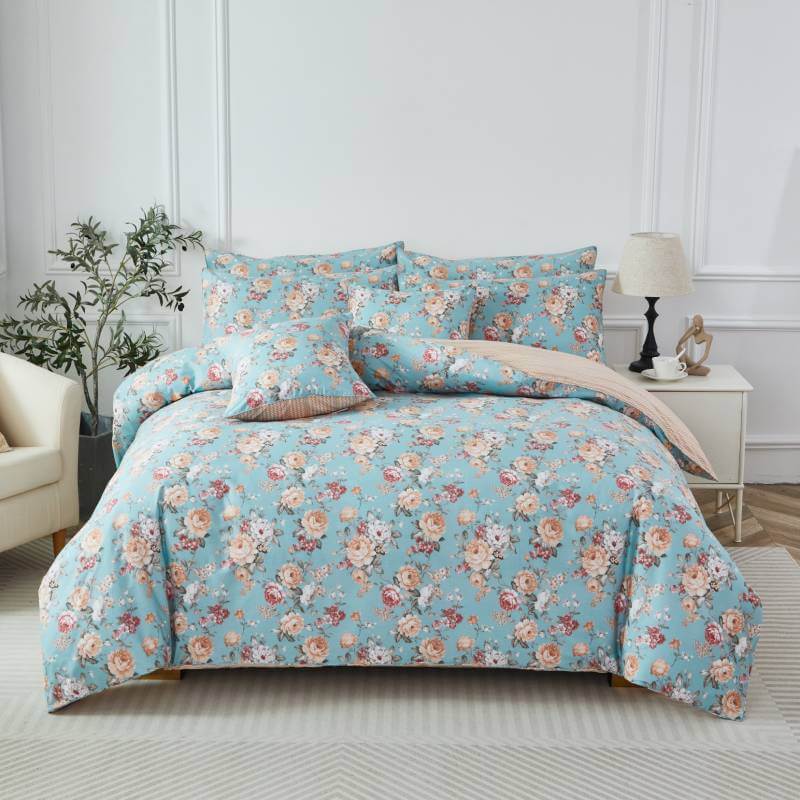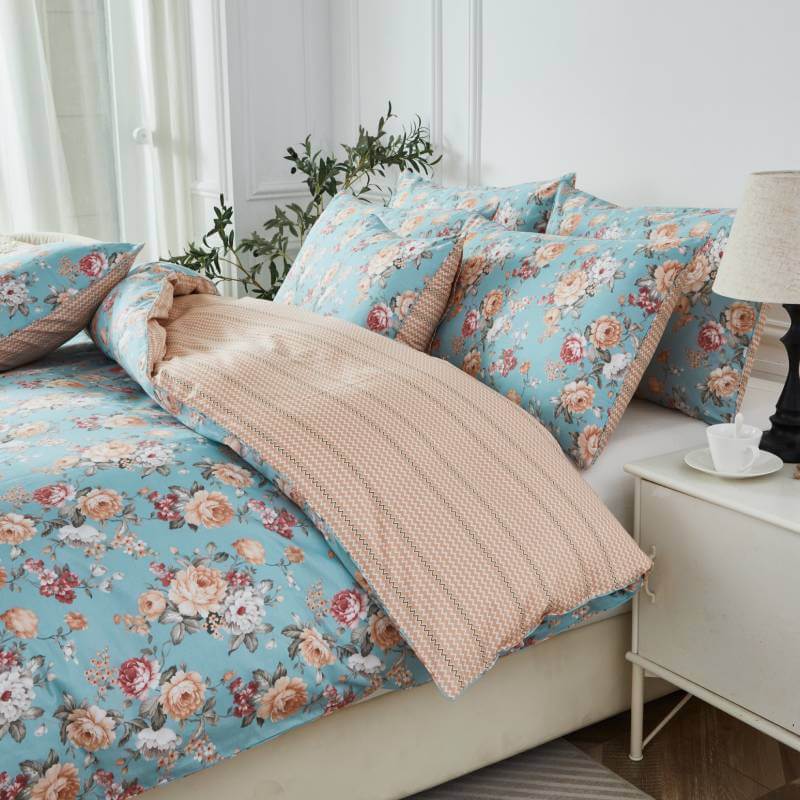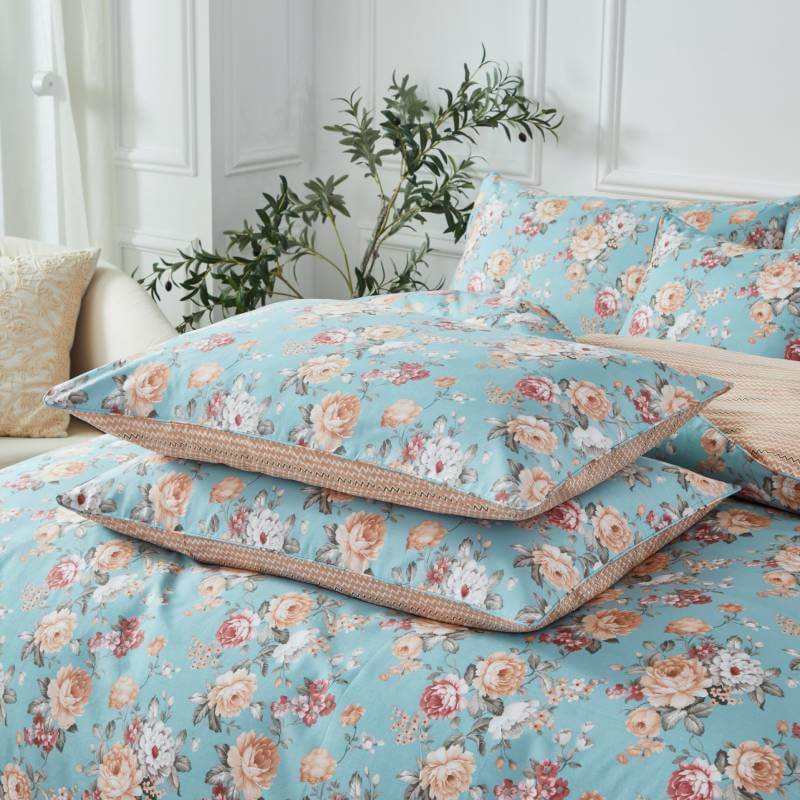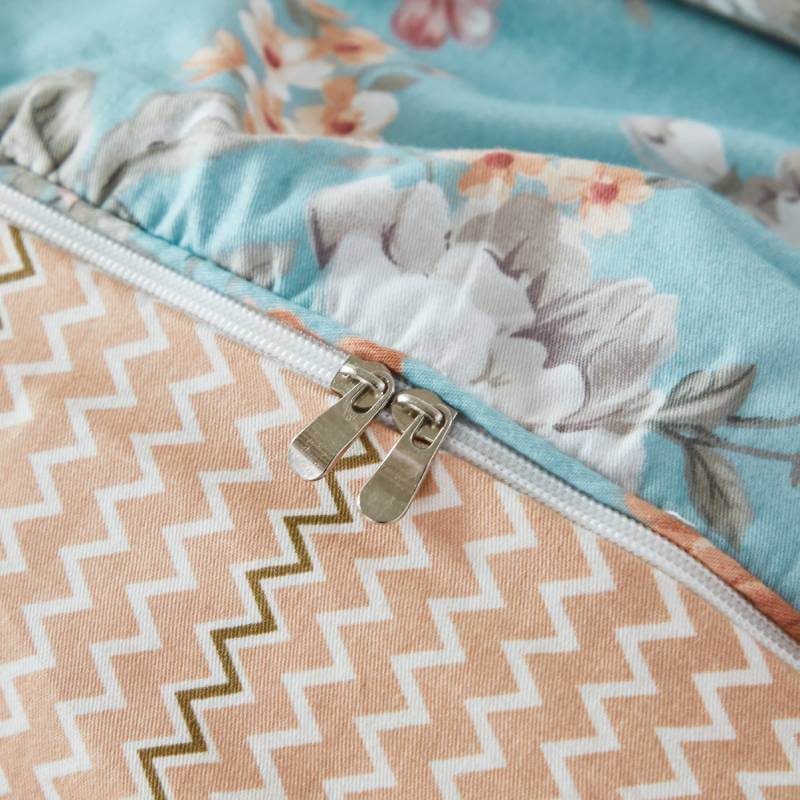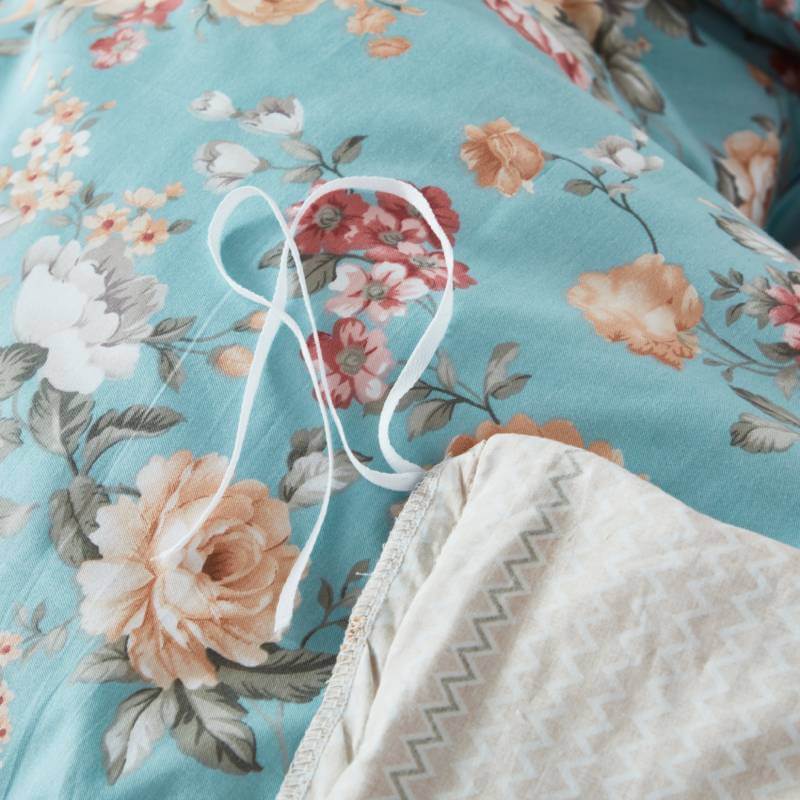When choosing the perfect duvet cover, fabric is one of the most important factors to consider. Among the many options available, 100% cotton is one of the most popular choices for bedding, including duvet covers. Known for its softness, breathability, and durability, cotton has been a go-to material for centuries. But is 100% cotton really the best option for your duvet cover?
In this blog, we’ll explore the benefits and potential drawbacks of using 100% cotton for a duvet cover, helping you make an informed decision for your bedroom.
Why Cotton Is a Popular Choice for Bedding
Cotton is one of the most widely used fabrics in the world, particularly for bedding and home textiles. This natural fiber comes from the cotton plant and is known for being soft, lightweight, and comfortable. From sheets and pillowcases to duvet covers, cotton’s popularity stems from its ability to provide both comfort and practicality.
Here are some of the reasons why cotton is a go-to choice for bedding:
- Breathable and Cool: Cotton allows air to flow freely through the fabric, keeping you cool and comfortable throughout the night.
- Soft and Gentle: Over time, cotton becomes softer with each wash, making it a great choice for people with sensitive skin.
- Durable and Long-Lasting: Cotton is strong and durable, able to withstand frequent washing without losing its quality.
- Easy to Care For: Cotton bedding is easy to clean, as it can be machine-washed and dried without requiring special care.
But is 100% cotton good specifically for a duvet cover? Let’s dive into the pros and cons of using cotton for this essential bedding item.

Advantages of Using 100% Cotton for a Duvet Cover
- Soft and Comfortable
One of the primary reasons people choose 100% cotton for their duvet covers is the material’s softness and comfort. Cotton is naturally gentle on the skin, making it an excellent option for anyone who values a cozy, inviting bed. Unlike synthetic fabrics, which can feel rough or stiff, cotton is known for its smooth, pleasant texture.
Additionally, cotton’s softness only improves with time. The more you wash a cotton duvet cover, the softer it becomes, making it a long-term investment in comfort.
- Breathable and Temperature-Regulating
Another major benefit of using 100% cotton for your duvet cover is its breathability. Cotton’s natural fibers allow air to circulate, helping to regulate your body temperature while you sleep. This makes cotton an ideal choice for both warm and cool climates.
In warmer weather, a cotton duvet cover helps wick away moisture and keeps you cool. In cooler weather, cotton can still provide warmth without making you overheat. This makes it a versatile option for year-round use, particularly for people who tend to get hot during the night.
- Hypoallergenic and Skin-Friendly
For people with allergies or sensitive skin, 100% cotton duvet covers can be an excellent choice. Cotton is naturally hypoallergenic, meaning it’s less likely to cause allergic reactions compared to synthetic materials. It’s also free of harsh chemicals and irritants that can sometimes be found in other fabrics.
If you have skin conditions like eczema or are prone to irritation, cotton’s soft, natural fibers are gentle on the skin, providing a comfortable and irritation-free sleeping experience.
- Durable and Long-Lasting
While cotton is known for its softness, it’s also incredibly durable. A 100% cotton duvet cover can withstand regular use and frequent washing without losing its quality. In fact, cotton often becomes more comfortable with age, meaning your duvet cover will remain a staple in your bedroom for years to come.
This durability makes cotton a great investment for people who want long-lasting bedding that holds up well over time. Unlike synthetic fabrics that can degrade or pill after just a few washes, cotton retains its strength and softness.
- Easy to Care For
One of the most practical benefits of cotton is how easy it is to care for. Cotton duvet covers are machine washable and can be tumble-dried, making them a convenient option for busy households. Additionally, cotton’s durability means that it can handle high temperatures during washing, which is important for sanitizing bedding and removing allergens.
If you’re looking for a low-maintenance duvet cover that doesn’t require special care instructions, 100% cotton is a top contender.
Potential Drawbacks of Using 100% Cotton for a Duvet Cover
While cotton offers numerous advantages, there are a few potential drawbacks to keep in mind when considering it for your duvet cover.
- Wrinkles Easily
One of the most common complaints about cotton bedding is that it tends to wrinkle easily. After washing and drying, cotton duvet covers may require ironing to achieve a smooth, crisp appearance. While some people don’t mind the relaxed, wrinkled look of cotton, others may find this a drawback if they prefer their bedding to look perfectly pressed.
To minimize wrinkles, you can opt for a cotton blend that includes a small percentage of synthetic fibers, but this would reduce the natural benefits of 100% cotton. Alternatively, removing your duvet cover from the dryer promptly and smoothing it out while still warm can help reduce wrinkling.
- May Shrink in the Wash
Another potential issue with cotton is its tendency to shrink after washing, especially if exposed to high heat. If you’re not careful, your 100% cotton duvet cover could shrink and no longer fit your duvet properly. To avoid this, it’s important to follow the care instructions carefully and wash your cotton bedding in cold water.
Tumble drying on low heat or air-drying is also recommended to prevent shrinking. If you’re concerned about shrinkage, you can opt for pre-shrunk cotton duvet covers, which are less likely to change size after washing.
- Absorbs Moisture
While cotton’s moisture-wicking properties are great for regulating body temperature, they also mean that cotton can absorb spills, sweat, and body oils. This could lead to staining or discoloration over time if not properly cared for. Regular washing can help prevent this, but for those who want a duvet cover that’s more resistant to moisture and stains, cotton may not be the best choice.
If you’re looking for a fabric that doesn’t absorb moisture as easily, you might want to consider other materials, such as microfiber or polyester blends, though these won’t offer the same breathability as cotton.
Is 100% Cotton the Right Choice for You?
So, is 100% cotton a good choice for a duvet cover? The answer largely depends on your personal preferences and lifestyle. If you prioritize softness, breathability, and natural materials, 100% cotton is an excellent option that provides comfort and durability. Its hypoallergenic properties and easy care make it a practical choice for many households.
However, if you’re looking for bedding that is wrinkle-free, moisture-resistant, or less prone to shrinking, you may want to explore other fabric options or consider a cotton blend.
Ultimately, 100% cotton duvet covers offer a timeless, versatile option for anyone looking to enhance the comfort and style of their bed.
Final Thoughts: The Verdict on 100% Cotton for Duvet Covers
In conclusion, 100% cotton is a highly recommended choice for duvet covers due to its comfort, breathability, and durability. While it may have a few drawbacks like wrinkling and the potential for shrinking, its overall benefits far outweigh these minor concerns. Whether you're looking for a duvet cover that’s cool and breathable in the summer or soft and cozy in the winter, 100% cotton is a natural, eco-friendly option that delivers on both style and comfort.

